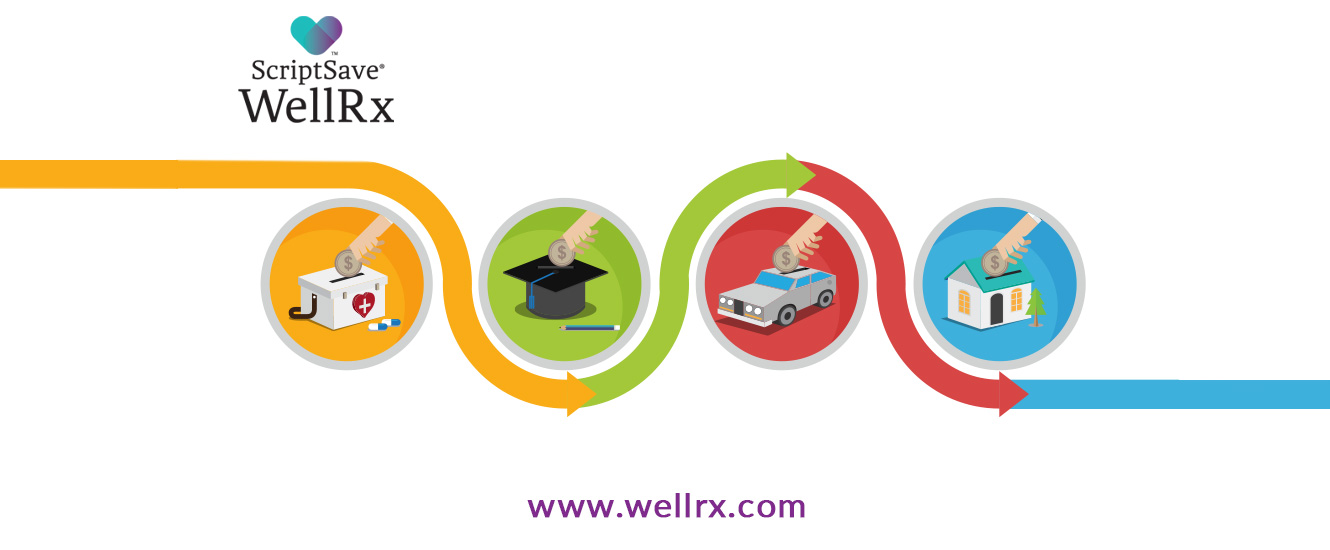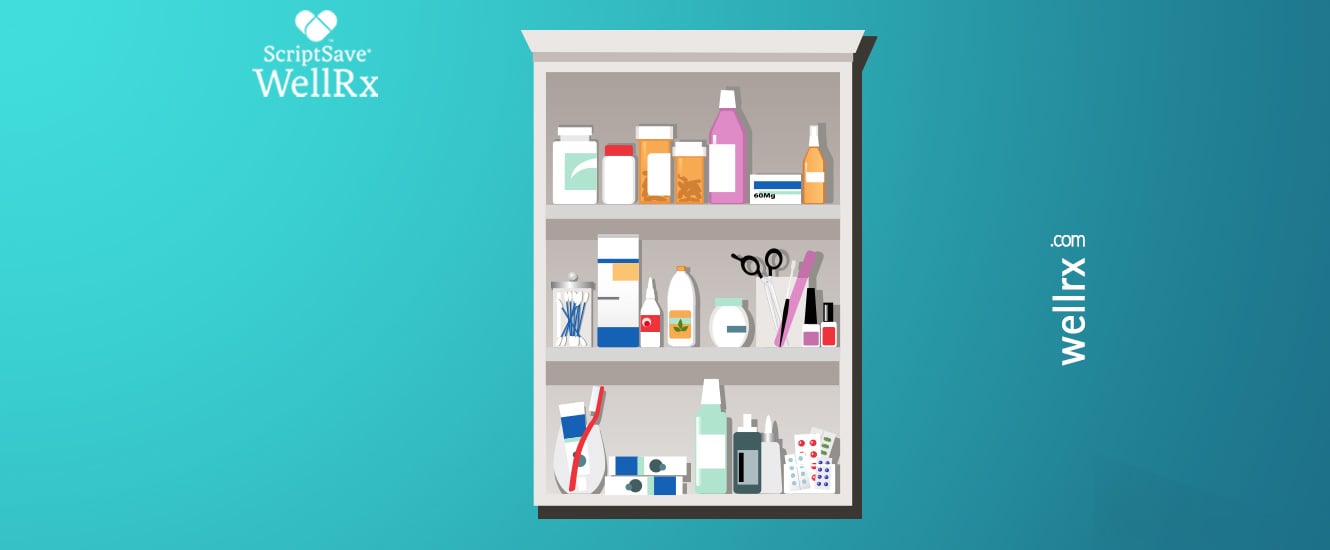Every day, people are affected by issues like food insecurity, housing concerns, transportation to and from the doctor and pharmacy, financial strain and more. These types of issues make up what is called “Social Determinants of Health” (SDOH), which are the conditions where people live, learn, work, and play.
How Social Determinants Affect Health
Believe it or not, SDOH have been shown to account for more “unhealthy days” than diagnosed health conditions. For instance, within a given 30 day period, loneliness and food insecurity account for approximately 24 and 26 unhealthy days respectively, whereas health conditions like diabetes and depression account for approximately 15 and 22 unhealthy days respectively.
Despite this, there is a healthcare gap in managing SDOH. Healthcare providers are trained to identify and treat conditions like high blood pressure, not food insecurity or homelessness. It can also be uncomfortable for both patients and healthcare providers alike to address these issues.
Often times, SDOH are not isolated – meaning people frequently experience more than one of these problems at the same time.
Social Determinants of Health and Medication Adherence
SDOH have a big impact on medication adherence (taking medications as prescribed by a doctor). In a scenario where someone cannot afford basic necessities, medication adherence is on the bottom of the priority list. Ensuring we can feed ourselves ranks higher than taking medications correctly.
If cost is preventing you from taking your medications, know that there are ways to save, even if you don’t have insurance. ScriptSave WellRx offers a prescription discount card at no cost. There are no eligibility requirements. Just download the card or mobile Rx app, and then show it at the pharmacy to save money.
Related: Getting Medication Discounts without Insurance
Addressing SDOH in a Healthcare Setting
Now more than ever, healthcare providers and insurance companies are recognizing the importance of SDOH. They are treating these issues as a healthcare gap, similar to if someone had unmanaged heart failure. One example of this is highlighted by Ohio State University’s Family Medicine practice. Primary care providers at the practice are teaming up with a local foodbank to provide food-insecure patients with greater access to fresh produce.
Care may also be provided for other SDOH like transportation, housing, and loneliness. In the long run, addressing SDOH may even lower your total treatment costs. Imagine having uncontrolled diabetes and being prescribed well-balanced meals or access to healthy foods at a food pantry. The cost of those meals is quickly offset by the decrease in medication cost, decreased doctor visits, and reduced emergency room visits where care is most costly.
How to Address SDOH in Your Own Healthcare
If you’re surrounded by negative social determinants, these factors are likely affecting your overall mental and physical health. What can be done to address that?
First, have a discussion with your doctor about these issues. There are now medical codes where doctors can document SDOH within your patient profile, allowing you to get help from your insurance company.
Next, you can talk to your insurance provider or Medicare/Medicaid plan to see how you can receive assistance. While many patients within the healthcare system qualify for services, many do not use them. Taking advantage of community or insurance-based programs will contribute to your health in a positive way while potentially saving your insurance plan money.
Lastly, talk to your doctor or pharmacist about strategies to save on treatment. Medication non-adherence can damage your health and make chronic conditions worse. Be honest with your healthcare providers about your financial situation and don’t be afraid to ask how you can bring medication costs down.













 Store & manage your medication list
Store & manage your medication list Medication pricing updates
Medication pricing updates Pill & refill reminders
Pill & refill reminders Medication journal & mood log
Medication journal & mood log